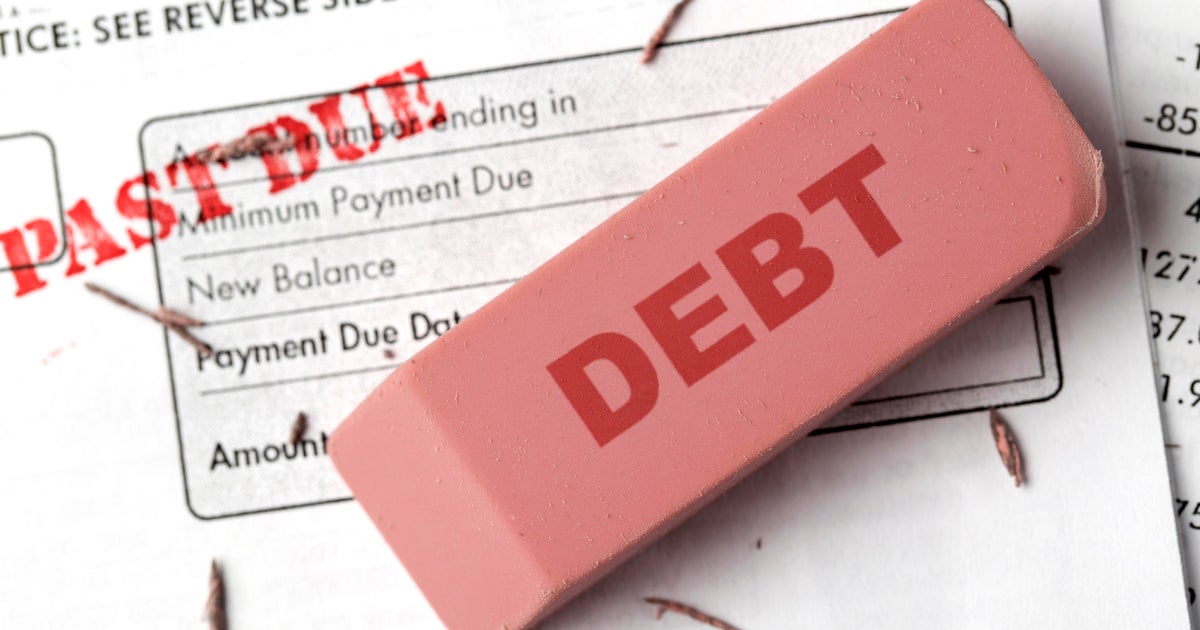4 reasons a short-term CD makes sense now, according to experts
For the past few years, Americans have been taking advantage of several vehicles to earn high yields while protecting their savings. That's because persistent inflation and elevated interest rates, while tough on borrowers, are a plus for savers yielding high returns on savings deposits like certificates of deposit (CDs) and high-yield savings accounts.
In recent months, however, inflation has cooled modestly, leading to slightly lower rates for both borrowers and savers. Accordingly, CD rates are beginning to drop.
Historically, locking in a high interest rate for the long term can be a wise move when CD rates are trending downward. That way, you're guaranteed to earn today's elevated interest rate even if rates fall in the future, as long as you keep your money in the account. However, some experts note there may be benefits to opening a short-term CD in today's rate environment.
Start comparing the top rates available on CD accounts today.
4 reasons a short-term CD makes sense now, according to experts
Opening a short-term CD in today's economic environment could make sense for a few reasons, experts say, including:
Short-term CD rates may be higher
As they have been all year, rates on short-term CDs are highly competitive. In some cases, short-term annual percentage yields (APYs) are even higher than those offered by many long-term CDs. As of July 27, four of the six best CDs — offering rates of 5% or greater — are for terms of one year or less.
Of course, if you anticipate CD rates will drop over the next few years, you might consider stashing your cash in a 3-year or 5-year CD. Many financial institutions offer CDs with APYs in the 4% to 5% range.
"Banks are offering higher rates on short-term CDs to attract deposits due to a competitive environment and a 'higher for longer' rate scenario," says Kelley Leix, senior vice president of client deposit services at Merchants Bank. "They are hesitant to commit to high rates for long-term CDs because they anticipate that the Federal Reserve might lower rates in the future, and offering higher short-term rates allows them to stay competitive without the risk of being locked into high rates during economic uncertainty."
Learn more about the best CD rates available to you here.
Short-term CDs align better with short-term goals
One of the greatest benefits CDs offer is their ability to protect your money — up to FDIC or NCUA maximum insurance limits — while also offsetting inflation and earning interest. This way, your CD savings should be there when you need it, which isn't always the case with other investments.
However, this guarantee comes with a caveat: You must keep your savings in the CD until it reaches its maturity date. If you withdraw funds before then, you'll likely incur an early withdrawal penalty.
For this reason, experts like Chris Starr, the head of consumer and small business deposits at Wells Fargo, advise choosing a CD term that best suits your needs,
"An individual should choose a CD term that will expire when the funds are needed. For example, if you plan to purchase a house in one year, purchasing a nine- or 10-month CD may be the best way to save and earn interest and have the money available when it's time to purchase the house," Starr says.
Short-term CDs offer greater liquidity
Perhaps the biggest downside of CDs is that you must leave your funds in your account until the CD term ends to earn the full interest. Short-term CDs, however, may offer you more liquidity and flexibility than their long-term counterparts. You might consider opening a 3-month, 6-month or 1-year CD to get access to your funds sooner than with a long-term CD.
"Short-term CDs ensure that you have regular access to a portion of your funds without incurring early withdrawal penalties," says Leix. "This liquidity can be useful if you need to access your money for unexpected expenses or new investment opportunities."
Short-term CDs are essential to laddering strategies
CD laddering is a common strategy many savers follow to maximize their returns while maintaining regular access to their funds. A CD ladder is when you spread your deposits across multiple CDs with different maturity dates. By doing so, you'll enjoy steady access to your funds while earning interest on your longer-term CDs.
You can create many different types of CD ladders, but a traditional CD ladder has five CD accounts that mature at different intervals over five years.
"Short-term CDs are an essential part of this strategy because they provide regular liquidity and allow the investor to take advantage of rising interest rates by reinvesting the matured funds at potentially higher rates," Joseph Patrick Roop, president at Belmont Capital, notes. "In a ladder with one-year, two-year, and three-year CDs, when the one-year CD matures, the funds can be reinvested in a new three-year CD, maintaining the ladder and potentially increasing the overall yield over time."
The bottom line
According to the FDIC, the average interest rate on a 12-month CD was 1.85% as of July 29, 2024. Keep in mind that this figure includes the paltry rates offered by many large commercial banks. With little effort, however, you should be able to find CDs offering rates of 4% and 5%.
Even so, if the Fed lowers the federal funds interest rate in the coming months, as many experts anticipate, these rates could continue to drop. As such, it may be beneficial to open a CD now and lock in today's rate. Before proceeding, make sure you understand the pros and cons of a short-term CD and determine if this deposit account makes sense for you.




